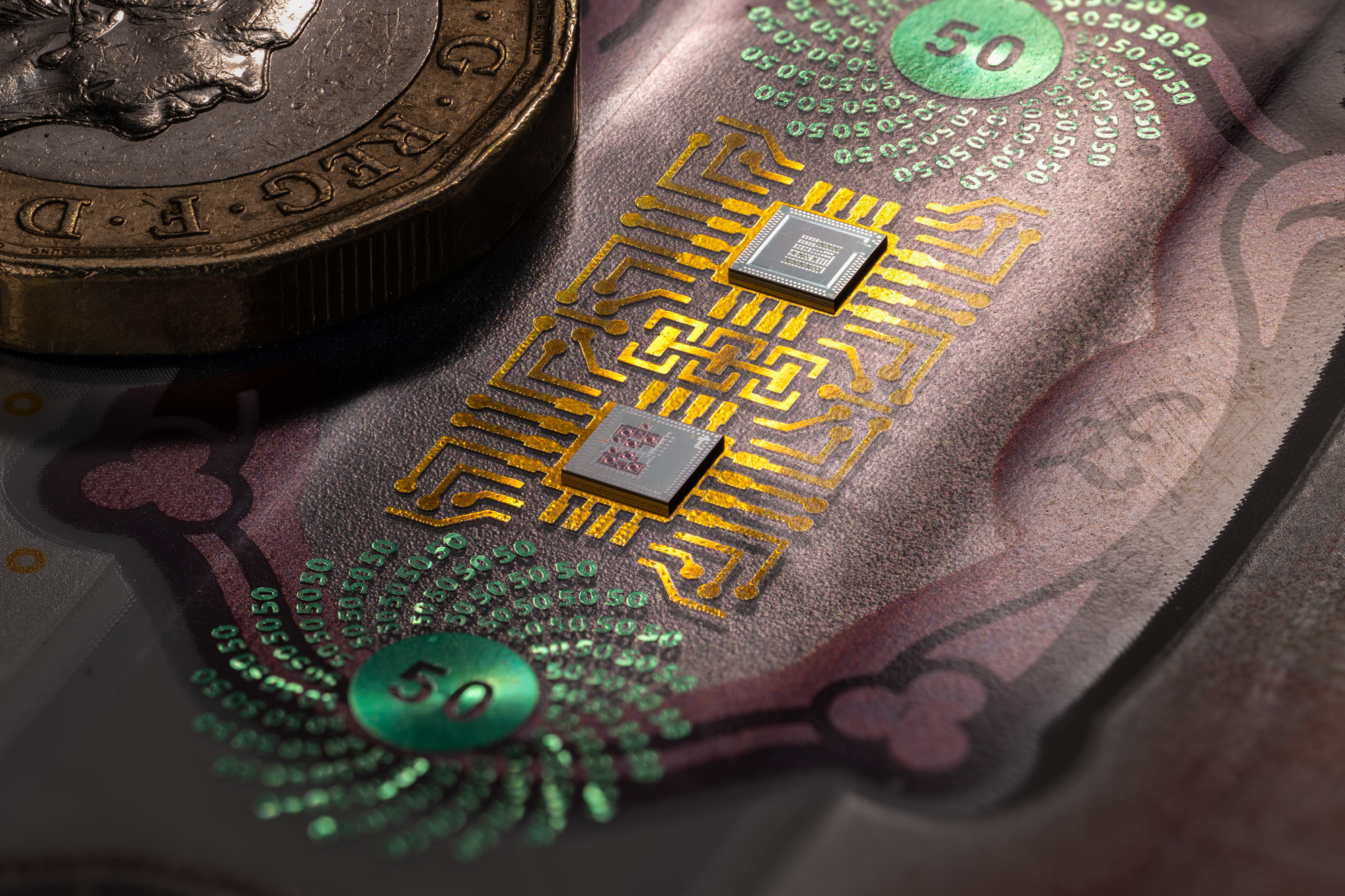Oxford Quantum Circuits (OQC), a quantum computing solutions company spun out from the University of Oxford, has announced research that it claims could accelerate the development of commercially viable quantum computers.
The company stated that the research addresses the “massive” hardware requirements that have hindered progress in practical quantum computing applications.
Quantum computers rely on qubits as their fundamental computing units, but these qubits are currently prone to errors. While existing quantum processors can outperform classical computers in specific tasks, their high error rates restrict broader practical applications.
To build reliable quantum computers capable of executing highly complex operations, OQC explained that the industry has assumed the need for machines with thousands of physical qubits. These would enable the creation of a smaller number of error-corrected logical qubits, which are essential for stable computation.
OQC’s research centres on its dual-rail “Dimon” qubit technology, a hardware design that detects and suppresses errors at the individual qubit level. The company said its findings demonstrate a “critical milestone” in producing reproducible error-suppressed qubits. This advancement reduces the hardware overhead typically required for error-corrected logical qubits, bringing fault-tolerant quantum computing closer to reality with far fewer physical qubits than previously estimated.
According to OQC, this breakthrough could transform the economics of quantum computing by substantially lowering the infrastructure and hardware costs associated with commercially useful quantum systems. Instead of needing processors with millions of qubits, the company’s approach may enable powerful quantum applications using smaller, more cost-effective systems.
The research also shows that, through deliberate design, superconducting qubits can be made significantly more resilient without a substantial increase in size or complexity.






